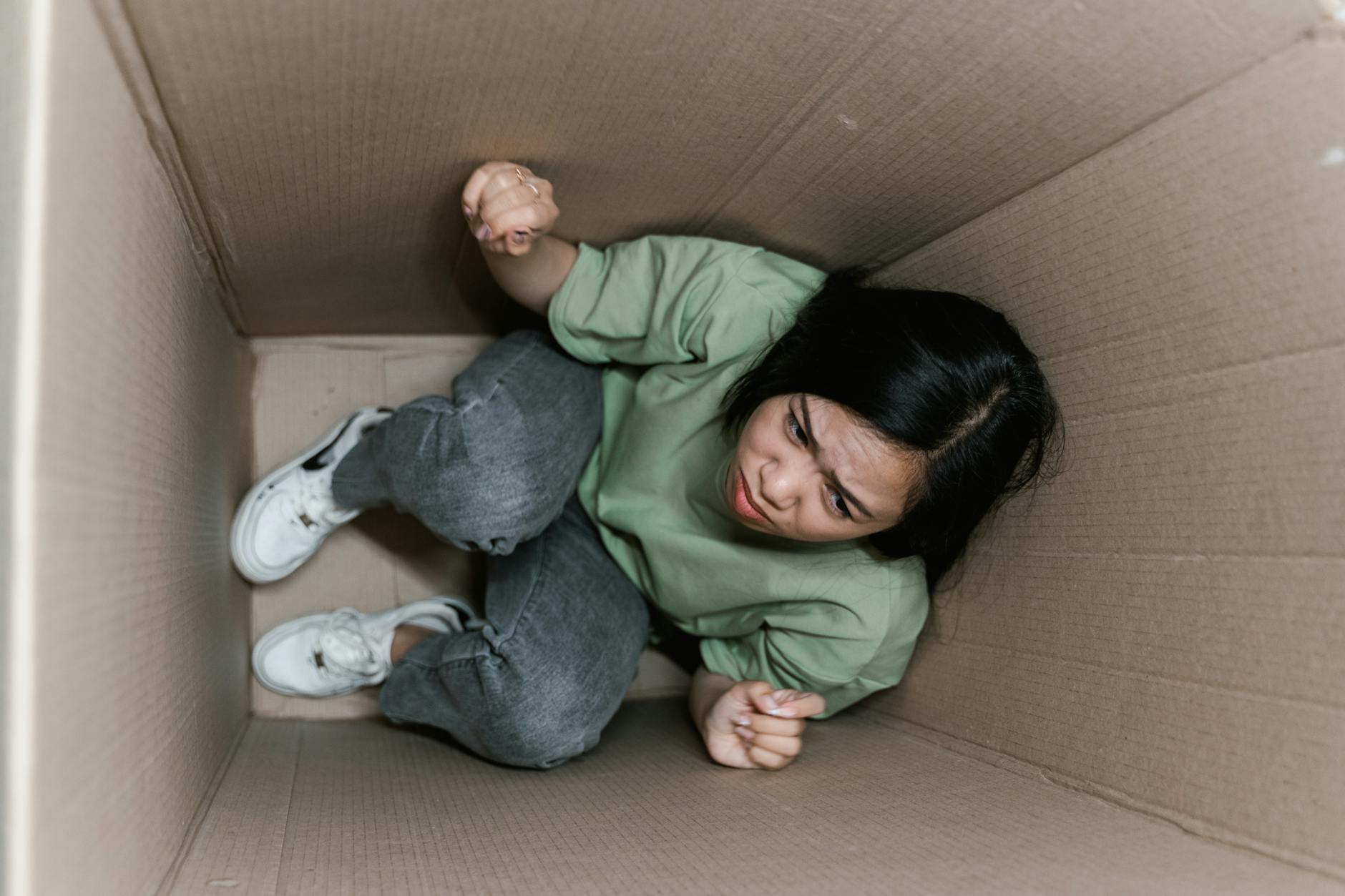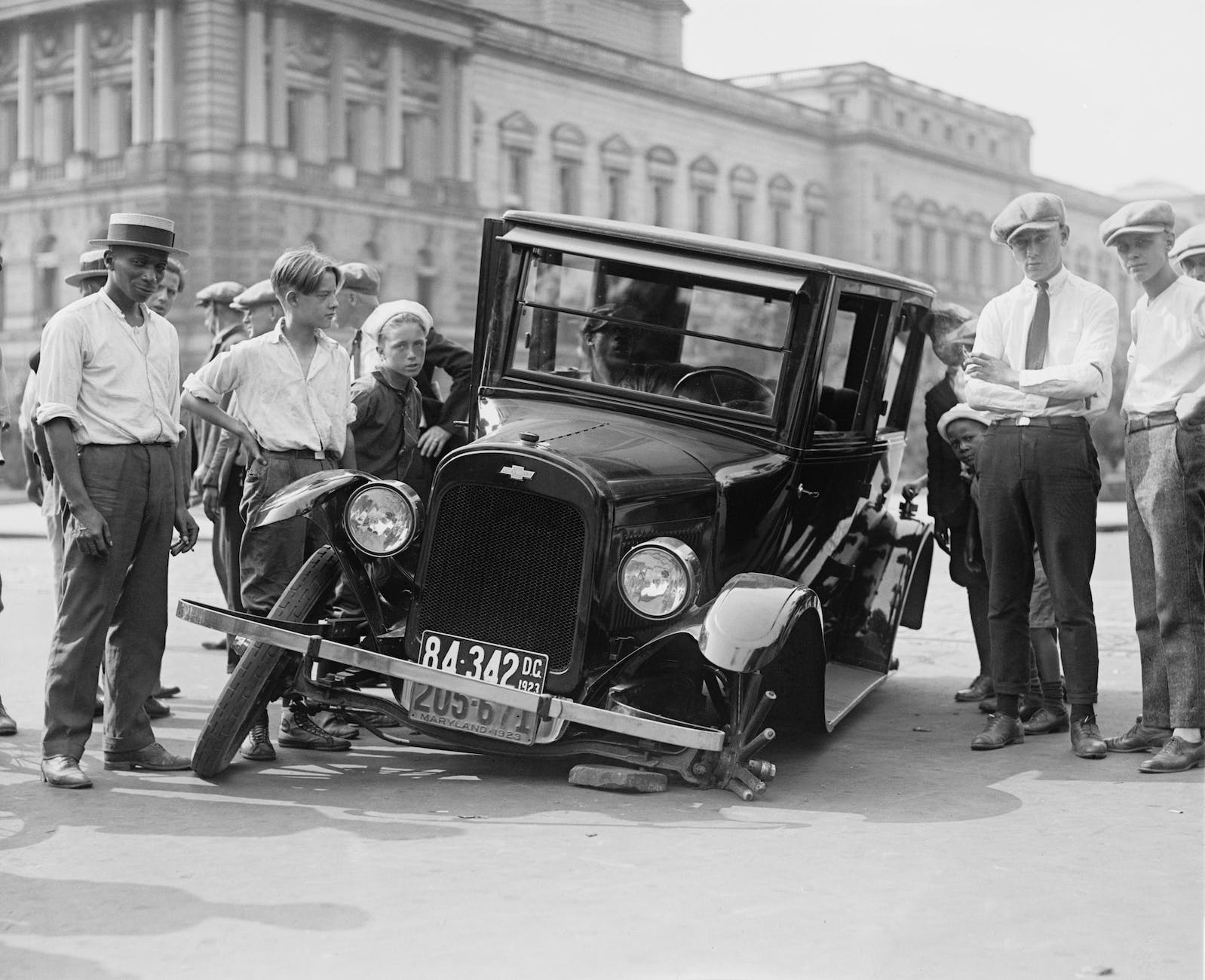In the still of the night or the pause between footsteps in another room, the silence suddenly becomes deafening. The primal panic switch that flips inside when a partner makes an ambiguous sound or doesn’t respond to a text quickly enough. How the mind races to its darkest conclusions – has it happened again?
Waiting and Listening

For co-survivors of cardiac arrest, quiet or unclear sounds can summon ghostly memories of the day their loved one’s heart stopped beating. They recall the awful silence after the last gasp, the moment breathing ceased.
Waiting and listening desperately for the next intake of air, finding none.
The deafening internal screams for their loved one to come back.
So now the silence triggers.
A sound that can’t quite be identified, the lack of reply to a “where are you?” text, the sight of someone staring vacantly. It sparks the anxieties lurking within, the ones that say, “What if it happens again and I’m not there?”
The mind knows there are safety nets now – the ICD, the medications, the monitoring.
But the primal brain fixates on the what-ifs.
The hypervigilance creeps up in sinister ways.
Watching intently for the reassuring rise and fall of breath, sleeping fitfully to check through the night. For some, the anxiety manifests as control mechanisms – insisting their loved one constantly wear monitors, demanding immediate responses to prove safety.
Feeling Powerless

At its heart lies the trauma of helplessness.
Of having seen life slipping away, screaming inside for them to stay while feeling powerless.
It breeds the desperation to now control the uncontrollable – to prevent death from stealing their loved one again. To never relive the chaotic panic and life-shattering anxiety that nearly consumed them.
The mind knows these fears may not be entirely rational after preventative measures. But you can’t logic yourself out of trauma responses. The breathlessness as the flashbacks hit can’t be reasoned with. The hypervigilance comes from the agonising experience of being present last time.
Unsafe

So, for co-survivors, silences often stop feeling safe.
The priority becomes having proof of that reassuring breath and heartbeat – through hearing them in the night, getting responses to questions about their status, and knowing their location and condition.
Anything to be sure the unspeakable won’t happen again…
…helplessly unseen,
…just out of earshot,
…in the pause between coming home and starting dinner.
The silence lives inside co-survivors now, too – an external one they desperately strain to fill in, listening for signs of life and the internal echoes of the deafening helplessness when pleading for their loved one’s breath to return just one more time.
But like all trauma, the proper support can help exorcise these haunting ghosts.
Finding Your Way Back to Calm

The good news is that while these anxieties may always remain to some degree, many have found healthy ways to manage them. With the right support, co-survivors can ease their fears and recover a sense of stability. Be gentle with yourself throughout it all – healing from trauma takes time.
You may find the following suggestions helpful:
- Connect with other co-survivors. Support groups such as Chain of Survival UK allow you to share stories and advice with others who have been through similarly shattering experiences. You are not alone.
- Consider counselling or therapy. Speaking confidentially with a trauma specialist can help unearth fears you may not even consciously realise are affecting you. Healthy coping mechanisms can be developed.
- Practice relaxation techniques. When you feel anxiety rising, take some deep breaths and utilise grounding strategies from mindfulness or meditation. Staying calm slows the panic response.
- Communicate feelings openly. Silence allows anxiety to grow, so speak up when something triggers you. Your loved one can then reassure you.
- Focus on today. Trauma dwells on the unchangeable past and the uncertain future. Redirect your mind to appreciate small moments of normalcy and joy right now.
- Develop emergency plans. Logistical preparations may ease worries about being unable to respond. Keep emergency contacts accessible and have protocols for getting fast assistance.
With compassion, time, and support, the ghosts of trauma can be overcome. Your mind can find its way back to places of peace, presence, and reasonable precautions – not panicked what-ifs.
The path is there for this fear and pain to ease.
You need only take the first step.

After our first meet-up in February 2015, I realised I was not alone. It was the first time since my cardiac arrest the previous year that I had spoken face-to-face with someone who had experienced what I had. This was also true for my wife, who also happened to be my lifesaver. From that meet-up, the idea of SCA UK was born. Since then, we have achieved a considerable amount, primarily providing information, resources and support to others in a similar situation but also raising the profile of survivorship and the need for better post-discharge care. We are starting to get traction in this, and with the formation of the charity, I genuinely believe we have a bright future ahead and will make a significant difference in the lives of many who join our ranks.


This is me constantly since my husbands SCA in sept 2022.
2 years on and this is me always monitoring my wife wanting to know where she is, I sleep so lightly these days so I can check she’s still breathing, things are better than when it first happened in Aug 21 but I don’t think the worry will ever go away
11 months after my husband’s SCA I had a meltdown in front of him and my adult son who were telling me off for talking to others about his ongoing heart issues. They weren’t really listening as I tried to explain it’s my way of dealing with his poor health and the implications. I finally exploded with words I hadn’t even voiced to myself – “what nobody understands is that I’M SCARED SHITLESS!”
There followed a lot of snot and tears, hugs and “sorry”s.
Why hadn’t I recognised my abject fear of losing him? Because no one let me talk about it, so I believed I had to stay strong,positive and optimistic for hubby’s sake regardless of my own mental health. And yet he’d be lost without me!
We desperately need post SCA mental health support for both survivors AND CPR givers. When will that happen?🥺
My son was there when I had my OOHSCA, the paramedics had been there just 6 minutes. He hasn’t talked about it much in 2 and half years but I know it impacted on him – there most certainly needs to be more support for Co-Survivors!
The first weeks were the worst. I could not be left alone for 3 weeks, then had to be tracked if I left the house for a walk, and still put tracking on if I go for a long cycle. My wife used to wake herself up at night to listen for me breathing. Now she just listens if she wakes up, and occasionally I get a prod to see if I react. Any loud unexpected noise has to be followed by a shout of “I’m alright!”. If she cannot see me and asks where I am, and gets no response, a frantic search of the house and garden ensues. We are now almost 3 years post SCA, and actually we feel we are doing well and we do talk openly about our experience, but we obviously still carry an element of PTSD. We have regular meet ups with others including co-survivors which is a great help for them and us.
Without them, many of us would be dead and our co-survivors deserve more support.
This is me too, 20 months on but I am still so anxious, monitoring etc and need to know where my husband is at all times. I can’t seem to turn off the hypervigilance in my head. He does understand to an extent although will forget and then he feels guilty when I remind him. Our life changed on a sixpence that day in April 2022 and it is all so difficult to accept.
This resonates with me so much, 10 months after my husbands cardiac arrest aged 50. I try to rationalise that medication and his defib will support him but in all honesty it makes little difference to my fear of what might be to come. My anxiety, stress and lack of control about what our future looks like is hard to contain amongst the normality of day to day living and expectations.
Our 10 year old son came into our bedroom that morning at 6.30am and was concerned by his mummy’s ‘snoring.’ My husband knew straight away there was something wrong and lifted me onto the floor and started CPR whilst our son called the ambulance.
For more than 6 months afterwards my son would wake in the night and come into our bedroom and shake me if I was asleep, in order to check if I was still breathing.
Each day, if I drop something, bang something I must shout to alert them that I am okay or indeed the shout will come if there is too much silence, ‘ Are you ok?’ Support is so important for everyone after a cardiac arrest.